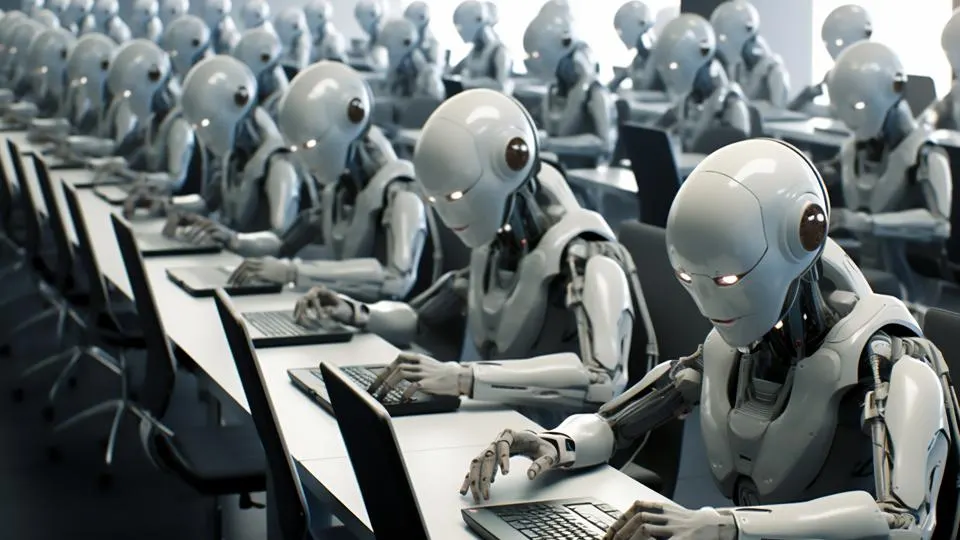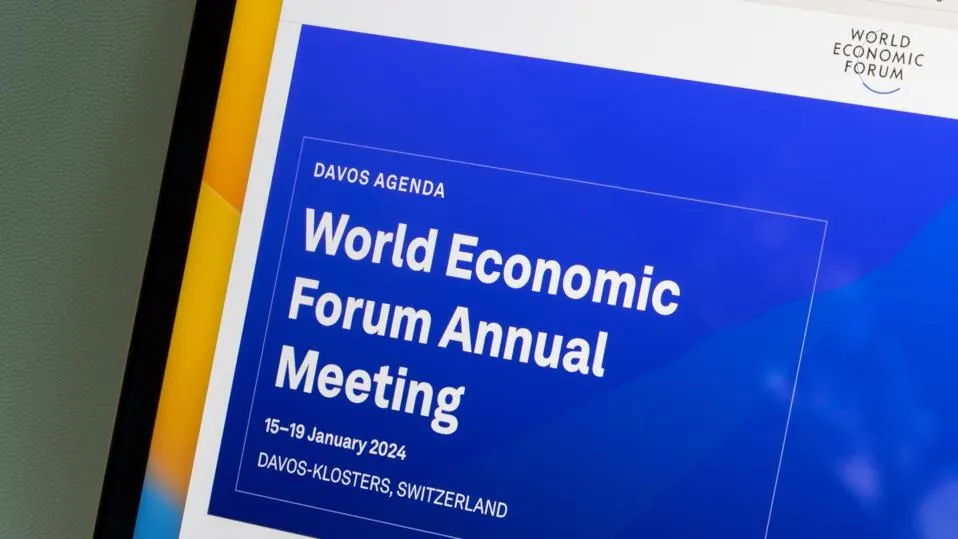How Blockchain Will Transform The Supply Chain And Logistics Industry
2 July 2021
Managing today’s supply chains—all the links to creating and distributing goods—is extraordinarily complex. Depending on the product, the supply chain can span over hundreds of stages, multiple geographical (international) locations, a multitude of invoices and payments, have several individuals and entities involved, and extend over months of time. Due to the complexity and lack of transparency of our current supply chains, there is interest in how blockchains might transform the supply chain and logistics industry.

How is the supply chain broken?
Our current supply chain is broken in several ways. Over a hundred years ago, supply chains were relatively simple because commerce was local, but they have grown incredibly complex. Throughout the history of supply chains there have been innovations such as the shift to haul freight via trucks rather than rail or the emergence of personal computers in the 1980s that led to dramatic shifts in supply chain management. Since manufacturing has been globalised, and a large portion of it is done in China, our supply chains are heavy with their own complexity.
It’s incredibly difficult for customers or buyers to truly know the value of products because there is a significant lack of transparency in our current system. In a similar way, it’s extremely difficult to investigate supply chains when there is suspicion of illegal or unethical practices. They can also be highly inefficient as vendors and suppliers try to connect the dots on who needs what, when and how.
What is blockchain and how could it help supply chains?
While the most prominent use of blockchain is in the cryptocurrency, Bitcoin, the reality is that blockchain—essentially a distributed, digital ledger—has many applications and can be used for any exchange, agreements/contracts, tracking and, of course, payment. Since every transaction is recorded on a block and across multiple copies of the ledger that are distributed over many nodes (computers), it is highly transparent. It’s also highly secure since every block links to the one before it and after it. There is not one central authority over the blockchain, and it’s extremely efficient and scalable. Ultimately, blockchain can increase the efficiency and transparency of supply chains and positively impact everything from warehousing to delivery to payment. Chain of command is essential for many things, and blockchain has the chain of command built in.
The very things that are necessary for reliability and integrity in a supply chain are provided by blockchain. Blockchain provides consensus—there is no dispute in the chain regarding transactions because all entities on the chain have the same version of the ledger. Everyone on the blockchain can see the chain of ownership for an asset on the blockchain. Records on the blockchain cannot be erased which is important for a transparent supply chain.
Examples of blockchain being used in supply chains today
Since blockchains allow for transfer of funds anywhere in the world without the use of a traditional bank, it’s very convenient for a supply chain that is globalised. That’s exactly how Australian vehicle manufacturer Tomcar pays its suppliers—through Bitcoin.
In the food industry, it’s imperative to have solid records to trace each product to its source. So, Walmart uses blockchain to keep track of its pork it sources from China and the blockchain records where each piece of meat came from, processed, stored and its sell-by-date. Unilever, Nestle, Tyson and Dole also use blockchain for similar purposes.
BHP Billiton, the world’s largest mining firm, announced it will use blockchain to better track and record data throughout the mining process with its vendors. Not only will it increase efficiency internally, but it allows the company to have more effective communication with its partners.
The transparency of blockchain is also crucial to allow consumers to know they are supporting companies who they share the same values of environmental stewardship and sustainable manufacturing. This is what the project Provenance hopes to provide with its blockchain record of transparency.
Diamond-giant De Beers uses blockchain technology to track stones form the point they are minded right up to the point when they are sold to consumers. This ensures the company avoids ‘conflict’ or ‘blood diamonds’ and assures the consumers that they are buying the genuine article.
There are several supply chain startups such as Cloud Logistics who saw an opportunity to provide blockchain-enabled supply chain solutions to improve efficiencies and reduce costs for the massive supply chain industry. More will most certainly join them as they realise the potential and demand for blockchain-enabled solutions to transform the supply chain and logistics industry.
Related Articles
How Generative AI Is Revolutionizing Customer Service
Customer service is proving to be one of the most popular applications of generative AI. But how exactly can generative AI aid customer service teams (without alienating customers)?[...]
Will Generative AI Help Us Solve The Climate Crisis (Or Will It Make It Worse)?
You might be surprised to learn that AI is already proving to be a powerful weapon in the fight against climate change.[...]
13 Ways Writers Should Embrace Generative AI
Generative AI is already being adopted in journalism to automate the creation of content, brainstorm ideas for features, create personalized news stories, and produce accompanying video content.[...]
12 New Jobs For The Generative AI Era
When any major new technology grabs the headlines, talk quickly turns to jobs. And so it is with generative AI.[...]
AI Everywhere: The Unmissable Highlights From Davos 2024
This year's World Economic Forum Annual Meeting in Davos was a testament to the growing prominence of artificial intelligence (AI) in our world.[...]
Harnessing AI’s Full Potential: 5 Adoption Essentials For Enterprise Success
Anyone paying attention to business and technology knows that AI is already driving seismic waves of change in industry and day-to-day life.[...]
Sign up to Stay in Touch!
Bernard Marr is a world-renowned futurist, influencer and thought leader in the fields of business and technology, with a passion for using technology for the good of humanity.
He is a best-selling author of over 20 books, writes a regular column for Forbes and advises and coaches many of the world’s best-known organisations.
He has a combined following of 4 million people across his social media channels and newsletters and was ranked by LinkedIn as one of the top 5 business influencers in the world.
Bernard’s latest book is ‘Generative AI in Practice’.










Social Media